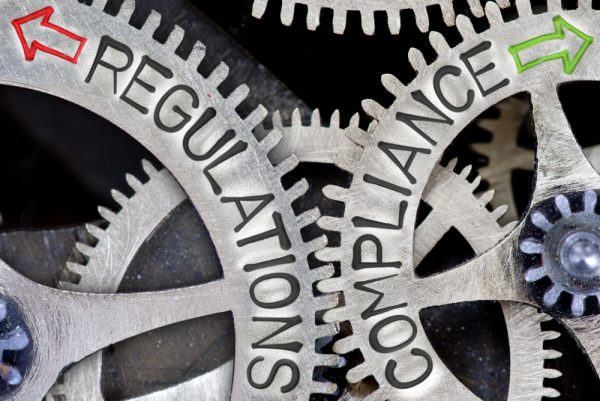
The fifth EU Anti-Money Laundering Directive (AMLD) carries significant regulatory developments particularly in relation to high-risk customers and relevant enhanced due diligence requirements. Innovations concern EDD in view of high-risk third countries, ultimate ownership information, transparency of funds, and scrutiny of political exposed persons. Essentially, the 5AMLD further raises the benchmarks for the practice of EDD on high-risk customers.






